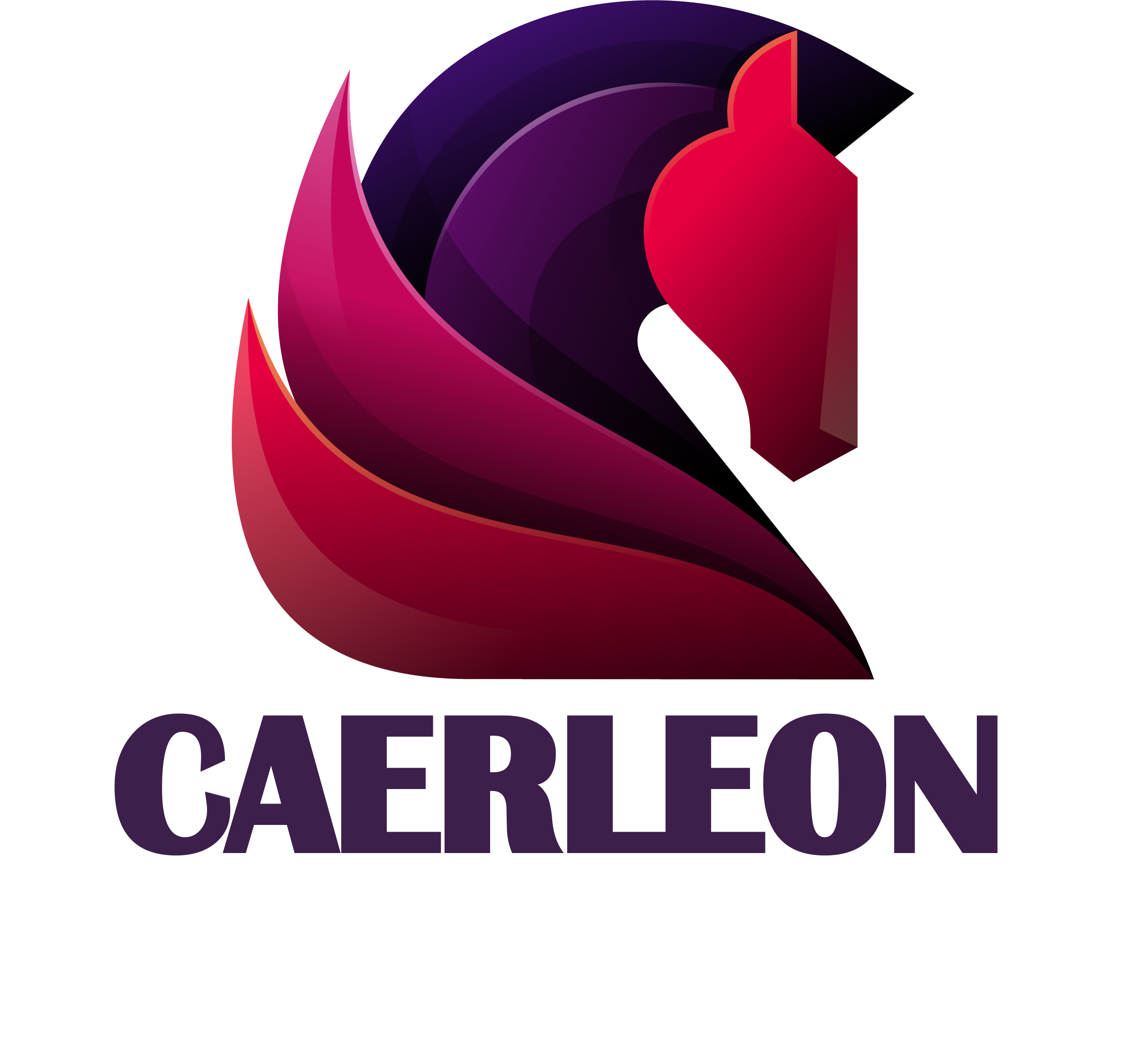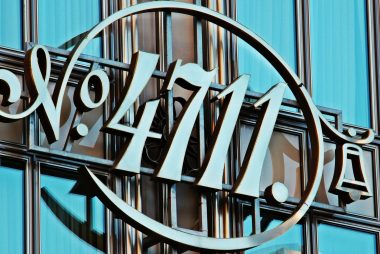Your marketing team, your founders, the industry analysts, and of course your share and stockholders likely view your organizational brand as one of the most valued assets your business has.
That’s assuming you have a brand that is easily identifiable and discernable from the rest of the pack.
When your customers interact with your brand they may have different kinds of emotional experiences and they may be excited. What you don’t want, is for that excitement to be boiling blood or end on a low.
As individuals, we have a brand too. It could be our fashion sense, the way we speak, the way we engage with others. For some, the personal brand is a carefully curated aspect of their identity. Likely something distinctive, memorable, and potentially long last. You may or may not work hard on your personal brand but as a business, you cannot afford to neglect it.
If you’re a small or medium-sized business that hasn’t been around for a long time, then the chances are that you are trying to establish your brand and identity in which case there is no better place to start than with thinking about exactly what it is that you want to say about your business.
A successful brand has a powerful purpose behind it which is articulated in how it interacts with customers and prospects and how it presents itself. One of the reasons, for example, that some people choose to always stay at the same hotel group, is that they enjoy the same experience wherever they are in the world. That can be boring to some, but to others, it produces a comforting monotony that they might need as a safe haven. Similarly, individuals who make an extra special effort to travel with particular airlines or rent from particular car-hire companies, is that they are looking to get some kind of special treatment or reward over and above the kinds of treatment that ad hoc customers have.
A brand, for an organization, is something that ensures, day in day out, and delivers on a particular promise of an experience consistently either through products or service.

